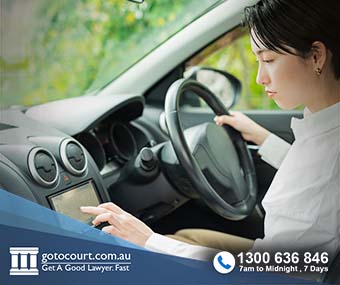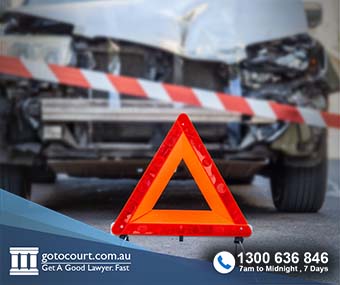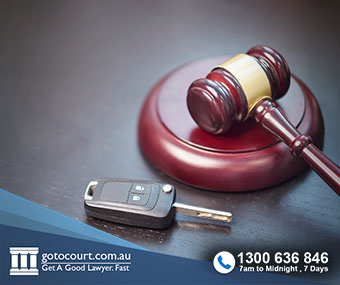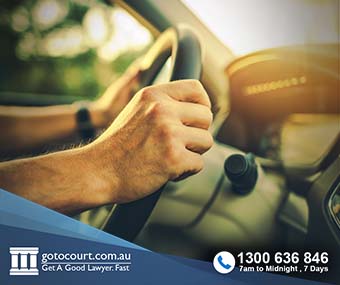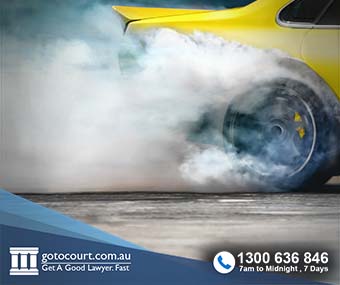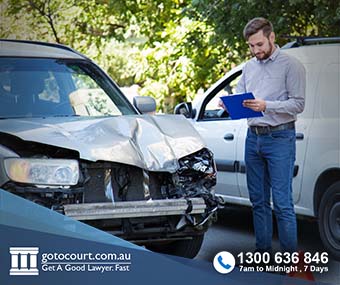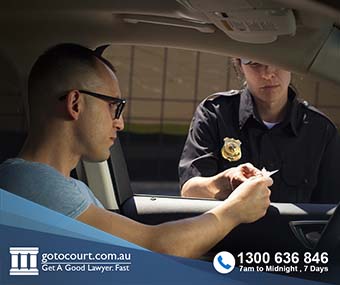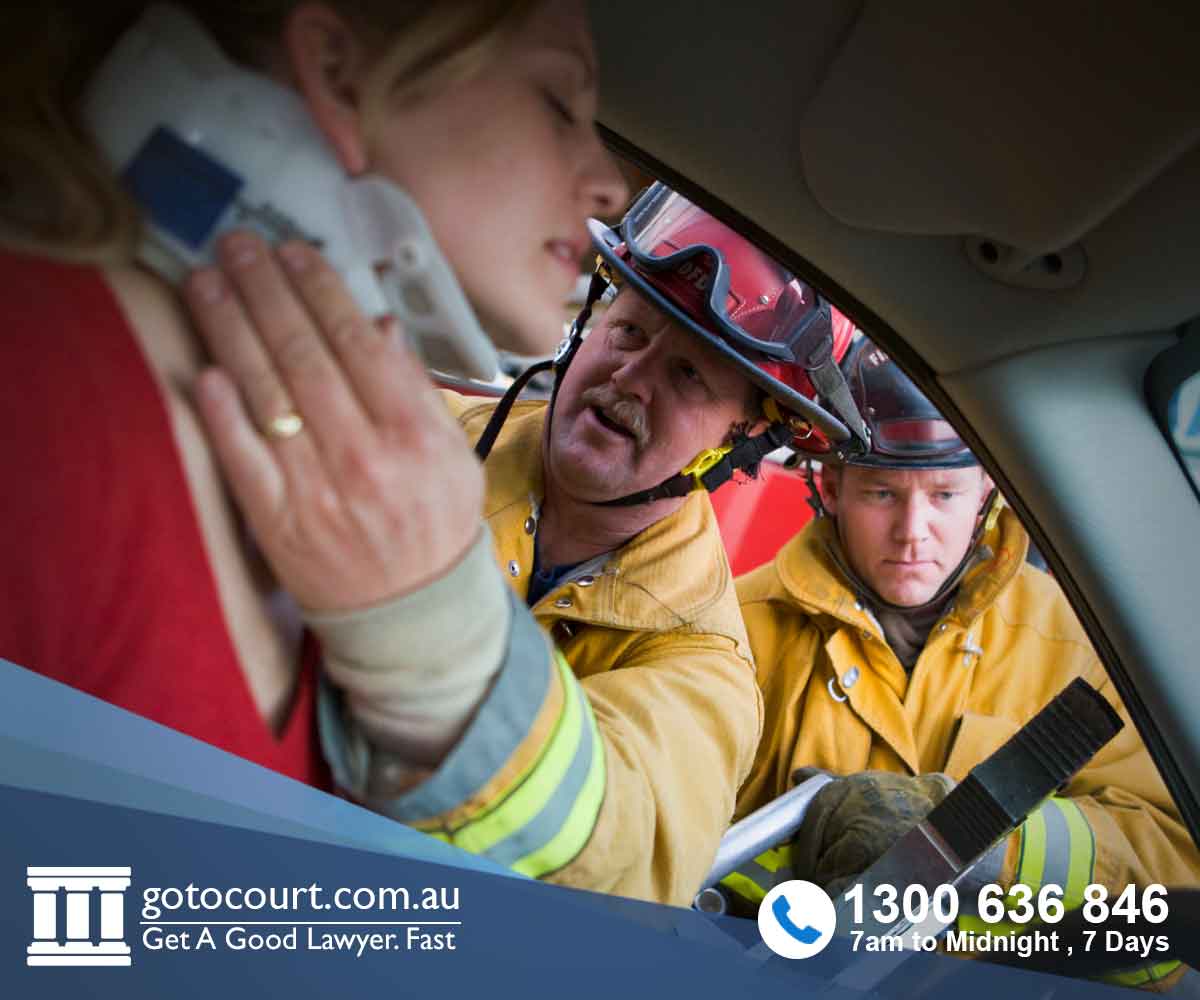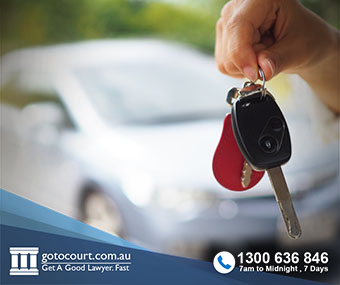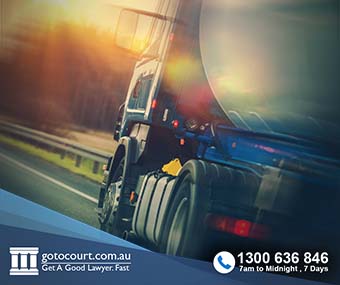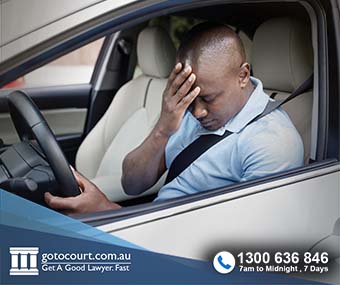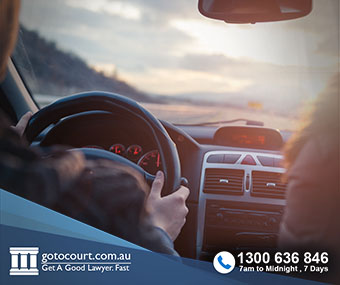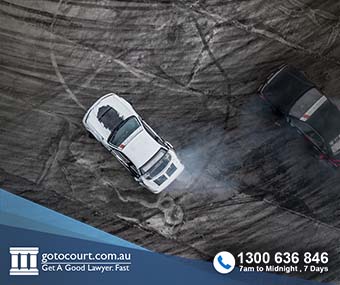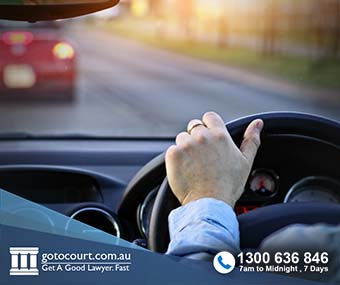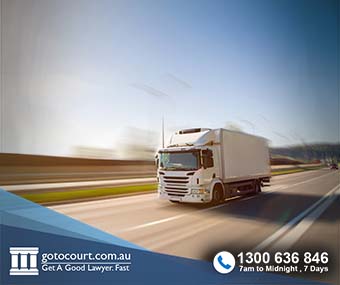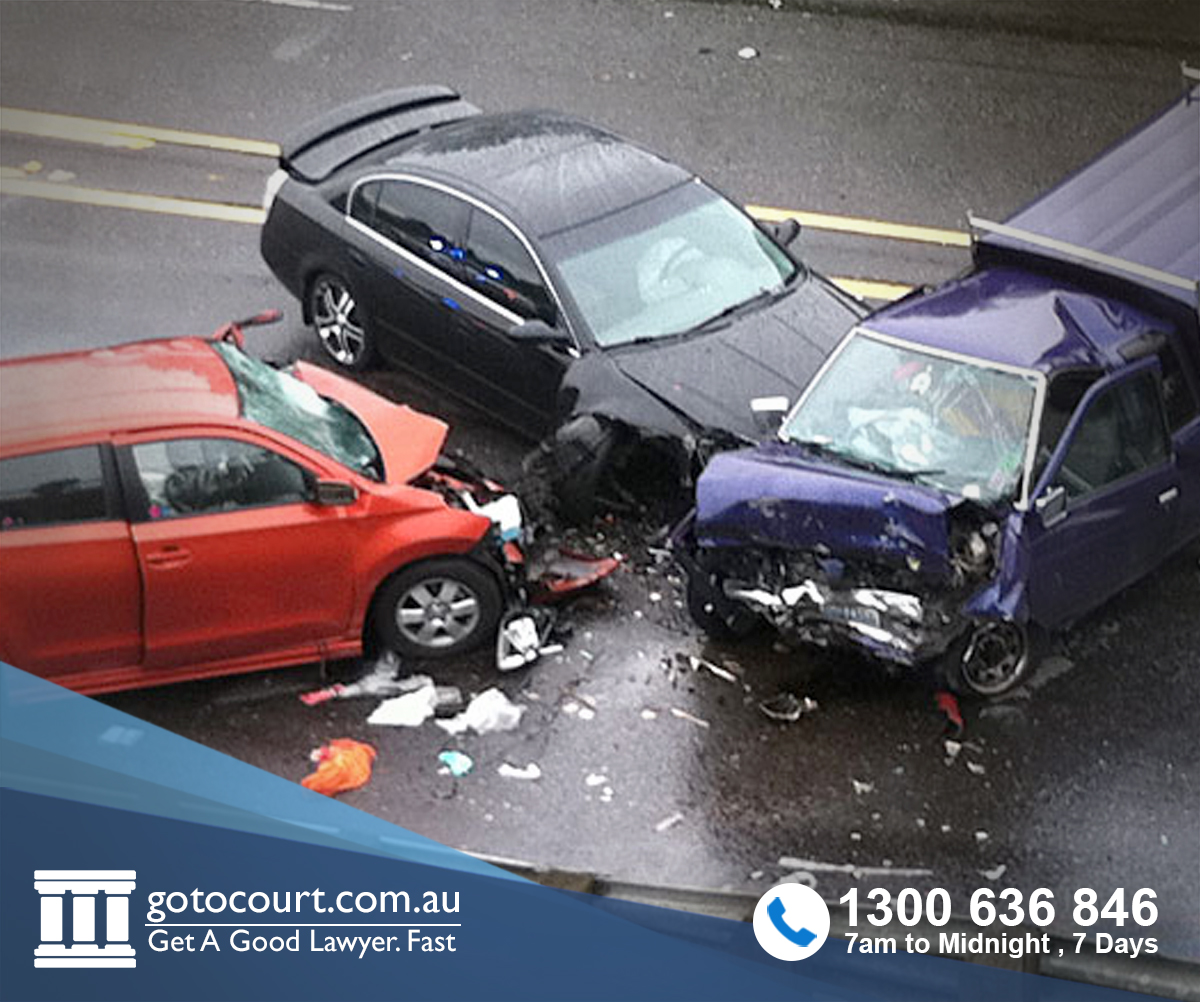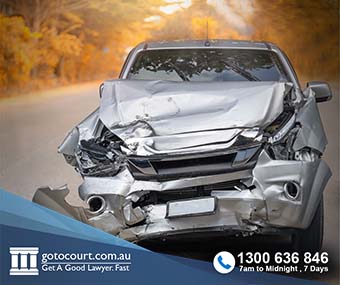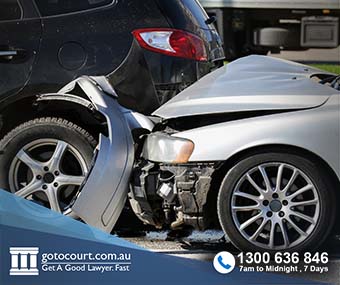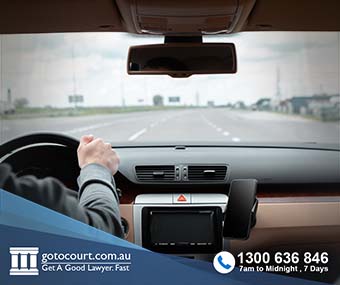Call our lawyers
now
or,
have our lawyers
call you
Hoon Laws in South Australia
Updated on Dec 05, 2022 • 6 min read • 281 views • Copy Link
Hoon Laws in South Australia
In South Australia, “hoon driving” is the misuse of a motor vehicle in a way that causes the vehicle to travel at very high speed or do burnouts or doughnuts. The police in South Australia have powers to clamp or confiscate vehicles which have been used in relation to a hooning offence. This article outlines hoon laws in South Australia.
Hooning offences
Hooning offences which relate to vehicle misuse and driving carelessly or dangerously are set out in the Road Traffic Act 1961. Misusing a motor vehicle extends to driving onto an area of park or garden, or on any other road related area, in a manner which causes damage to the surface.Careless driving, dangerous driving, failing to have proper control of the vehicle and causing the vehicle to make excessive engine or tyre noise or smoke are also considered hoon-related offences. It is a defence to the charge if the driving is done with the consent of the person in charge of the place where the activity occurred.
Penalties under hoon laws
The offence of misusing a motor vehicle, or promoting or organising an event involving the misuse of a motor vehicle, carries a maximum penalty of $1,250.00. In addition the driver will also automatically receive 4 demerit points. For the offence of driving without due care, skill or attention to other drivers on the road (“careless driving”), the offender may receive maximum penalty of 12 months’ imprisonment plus disqualification from driving for a period of no less than six months.
Where a person has been found guilty of the offence of excessive speeding (ie, speeding over 45kph over the speed limit), a first offence attracts a fine of between $1100 and $1500 plus disqualification from driving for a period of no less than six months.For second and subsequent offences, the penalty is a fine of between $1,200 and $1,700 plus at least two years’ disqualification from driving.
More stringent penalties may apply for hooning offences which are done under “aggravated” circumstances, which includes driving under the influence of drugs or alcohol, or for offences which case death.
Powers to clamp and seize motor vehicles under hoon laws
Under the Criminal (Clamping, Impounding & Forfeiture of Vehicles) Act 2007, police also have the power to immediately seize and impound a motor vehicle involved in the commission of a prescribed offence.Prescribed offences include hooning offences, and some drink and drug driving offences.These other prescribed offences, such as driving dangerously in a manner causing death, are found in the Criminal Law Consolidation Act 1935, the Motor Vehicles Act 1959, the Summary Offences Act 1953 and the Graffiti Control Act 2001.
The police can only clamp a vehicle when the person who was driving or operating a vehicle at the time of the offence either has been, or knows that they will be, charged for the offence. The police can clamp or impound an offender’s vehicle for up to 28 days. They cannot clamp a vehicle that is in a public road, unless it being clamped awaiting seizure. The police can also apply to the Magistrates Court to extend that period to up to 90 days.
Seizing a vehicle
A vehicle can be seized from a public place (this includes carparks, roads and footpaths), or from any other place if the police believe it has been used in connection with an offence. They can enter any other place to seize a vehicle if they have the consent of the persons occupying that place, or if they have a warrant to search for the vehicle. The impounding authority (police officer or court sheriff) can do anything reasonably necessary and use reasonable force (including breaking in) for the purpose of seizing and moving the vehicle.
Second or subsequent offence
If the person charged has been found guilty of or expiated one other prescribed offence within the last 10 years, and there is no forfeiture order in place, the court may make an order to impound the vehicle for up to 6 months. A notice may be issued by the Police Commissioner banning the sale or disposal of the motor vehicle until the court proceedings have been finalised. If a notice is served, the owner must not sell or dispose of the vehicle. It is a criminal offence punishable by a maximum penalty of $2,500.00 or imprisonment of 6 months. The court may also order that the value of the vehicle is paid to the Victims of Crime Fund.
Forfeiture orders
A court can make an order for forfeiture if the person charged has been found guilty of or expiated at least one other prescribed offence in the past 12 months or if the person charged has been found guilty of or expiated at least two other prescribed offences within 10 years of the date of the current offence.The application for forfeiture must be made before the court finalises the current offence. The court will also order the payment of all costs in relation to the forfeiture or impounding of the motor vehicle.
Responding to an impounding or forfeiture application
If an application is made to the Court for an order to impound or forfeit a vehicle, notice must be given to any owners of the vehicle and any other person who is likely to suffer financial or physical hardship if an order is made. The court will refuse to make an order if satisfied that the offence happened without the consent of an owner of the motor vehicle, or if the making of the order would affect the rights of a credit provider, or the vehicle has since been sold to a purchaser who did not know or suspect the motor vehicle was subject to a forfeiture order. If the court decides not to make an order because it has been shown to cause severe financial or physical hardship it may order the person instead to perform up to 240 hours of community service.
Sale or disposal or vehicle
A motor vehicle can be sold or disposed of if it has been impounded and has not been collected within two months of its release, or subject to a forfeiture order. Where a motor vehicle is sold it will be by public auction or tender. If the proceeds of the sale of the car would be unlikely to cover the costs of the sale, or fails to sell, then the vehicle can be otherwise disposed of. Compensation is not payable unless the impounding authority did not act in good faith, or was acting outside of its powers.
Offences relating to hoon laws
It is an offence to hinder or obstruct a police officer from exercising their powers under the Criminal (Clamping, Impounding & Forfeiture of Vehicles) Act 2007. It is also an offence to interfere with wheel clamps. It is a further offence to interfere with an impounded motor vehicle whilst in the custody of a relevant authority. The maximum penalty for each of these offences is a $2,500.00 fine or imprisonment of 6 months.
If you require legal advice or representation in any legal matter, please contact Go To Court Lawyers.


Affordable Lawyers
Our Go To Court Lawyers will assist you in all areas of law. We specialise in providing legal advice urgently – at the time when you need it most. If you need a lawyer right now, today, we can help you – no matter where you are in Australia.How It Works








1. You speak directly to a lawyer
When you call the Go To Court Legal Hotline, you will be connected directly to a lawyer, every time.


2. Get your legal situation assessed
We determine the best way forward in your legal matter, free of charge. If you want to go ahead and book a face-to-face appointment, we will connect you with a specialist in your local area.


3. We arrange everything as needed
If you want to go ahead and book a fact-to-face appointment, we will connect you with a specialist in your local area no matter where you are and even at very short notice.


